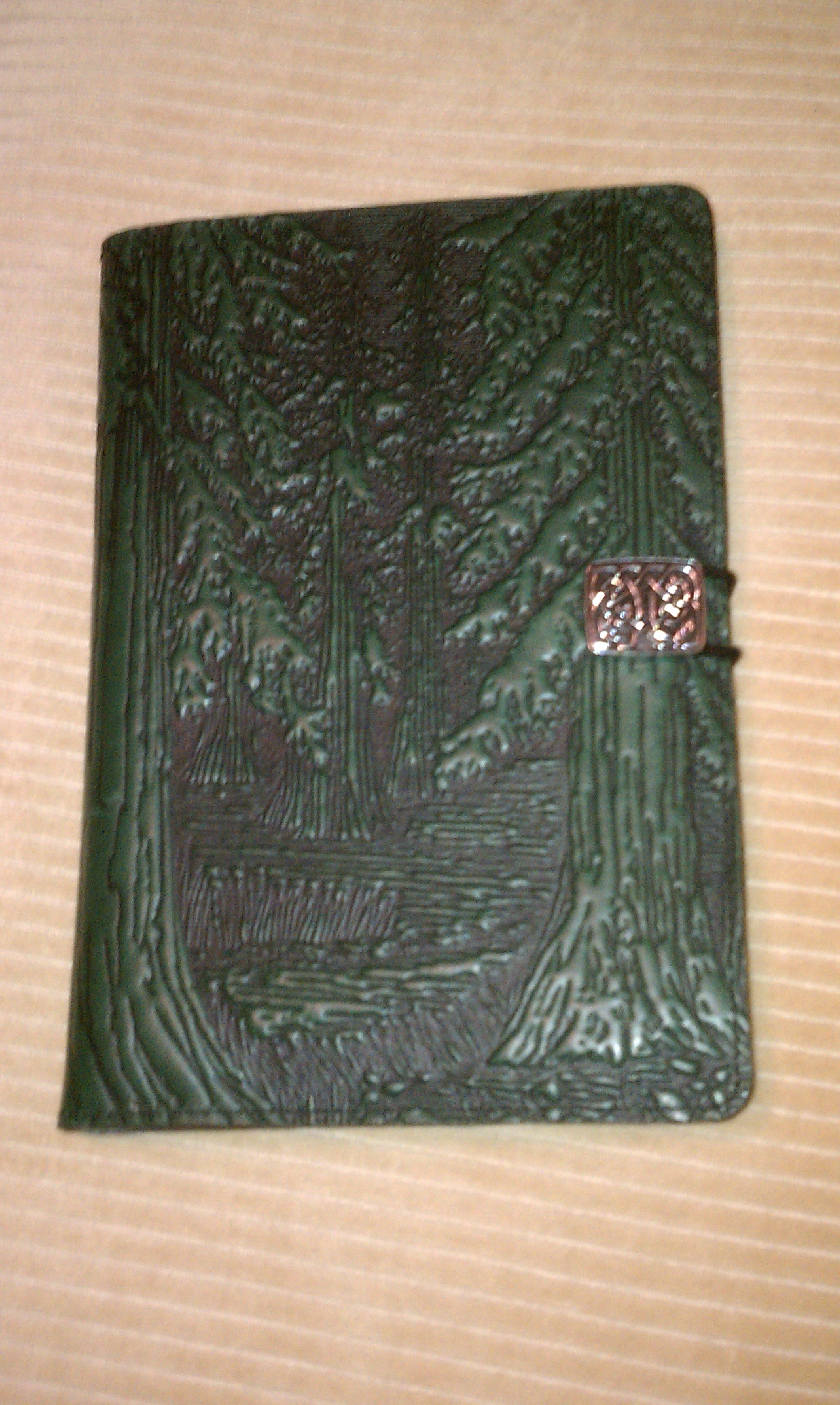 It just so happened that last Wednesday, I read two articles about when and why readers quit reading a book before they finish it. One was Guilt Complex: Why Leaving a Book Half-Read Is So Hard, by Heidi Mitchell, in the Wall Street Journal, June 5, 2013; the other was Putting a Book Down, by Nancy J. Cohen, on The Kill Zone, June 5, 2013.) For a reader, this is a stimulating topic. For a writer, it’s a horror story.
It just so happened that last Wednesday, I read two articles about when and why readers quit reading a book before they finish it. One was Guilt Complex: Why Leaving a Book Half-Read Is So Hard, by Heidi Mitchell, in the Wall Street Journal, June 5, 2013; the other was Putting a Book Down, by Nancy J. Cohen, on The Kill Zone, June 5, 2013.) For a reader, this is a stimulating topic. For a writer, it’s a horror story.
 I read an average of two to three books a week. Most are genre novels I read for escape – thrillers, historical fiction, contemporary chick lit, etc. I rarely stop one of those before I finish it. I’m only investing a few hours in the book, and I want to know how the story ends, so I speed through it, even when I don’t like it.
I read an average of two to three books a week. Most are genre novels I read for escape – thrillers, historical fiction, contemporary chick lit, etc. I rarely stop one of those before I finish it. I’m only investing a few hours in the book, and I want to know how the story ends, so I speed through it, even when I don’t like it.
But occasionally I get bogged down in a novel and have to stop. This tends to happen . . .
. . . When there is too much description, and the novel moves too slowly. The description may be beautifully written, but if nothing is happening, I have a hard time putting up with it. A book of saga length had better be really good at world-building, or I’m not going to stick around.
. . . When there are too many errors in the book, and reading it is like fingernails on a chalk board. Self-published authors have a bad reputation for this, and some self-published books are terribly edited, but I’ve seen poor editing in traditionally published books as well. One novel I read referred to attorneys as “council” throughout. The third time it happened, I threw the book down in disgust. And I posted a bad review on Amazon.
. . . When it has vampires or werewolves in it. I’ve made an occasional exception, and I read the whole Harry Potter series to fulfill a promise to a niece, but I just don’t see the point of most bloodsucking fetishes. (Now, time travel, futuristic plots, and aliens are fine, so it’s not that I hate all fantasy.)
I recently quit a book a writing friend had recommended. It was a tale about witches, vampires and demons. She told me she didn’t usually read this type of book either, but she said she couldn’t put this one down. Well, I could. My friend had said the author did a really good job at creating sensory images, which was true. I read about 20% of it, and got the gist of how the writer was using all five senses effectively. I could admire the author’s technique, but I didn’t feel the need to find out the conclusion of the plot. After all, why spend time with a hero who only wants you for your blood?
 Another example of a book I quit recently had been featured by a library as part of a Big Read. I like the idea of many people all reading the same book at the same time, so I checked it out and started reading. It had an interesting plot (though it moved pretty slowly), and I liked the characters. But the ebook version I had was full of formatting errors (paragraphs not indenting properly). I decided I had better things to do with my time than try to decipher who was talking when.
Another example of a book I quit recently had been featured by a library as part of a Big Read. I like the idea of many people all reading the same book at the same time, so I checked it out and started reading. It had an interesting plot (though it moved pretty slowly), and I liked the characters. But the ebook version I had was full of formatting errors (paragraphs not indenting properly). I decided I had better things to do with my time than try to decipher who was talking when.
I have a “do not read” list with about twenty authors on it. Most of these writers have published many books seen frequently in libraries, but I don’t think they are worth following. I usually don’t put authors on the list until I’ve read more than one of their books. Then I decide whether I should follow their series or not. Generally, to get on my “do not read” list, an author must have plots or characters that are unbelievable or too predictable, or their writing must be incorrect (witness “council” above) or their dialogue too clumsy to tolerate. Or I just don’t want to live in their worlds for even a few days at a time.
Sometimes, after a few years, if a writer is still publishing, I’ll give them another try. Writers really do improve over time.
Except for some best-selling authors who get lazy, and whose editors let them get away with sloppy writing because the book will sell anyway. They get worse over time. But that’s another post.
And non-fiction books are a separate subject as well. There are many more non-fiction books that I stop than fiction. If I find the subject matter uninteresting or the writing tedious, I have less compunction about stopping a biography or history book. After all, I can find out almost anything I need to know on the Internet more quickly than slogging through a whole book. Or I can get a sense of the period from a novel, while escaping my troubles at the same time.
 I’m sure others will disagree with me about when to stop reading a book and why. And many people would disagree about the authors on my “do not read” list, many of whom are on the best-seller lists.
I’m sure others will disagree with me about when to stop reading a book and why. And many people would disagree about the authors on my “do not read” list, many of whom are on the best-seller lists.
That’s the beauty of reading. There is something for everyone. And more than enough good books to fill our days (and nights).
The fear of every writer is that we will end up on someone’s “do not read” list. For that reason, I haven’t named any books or writers in this post.
What keeps you from reading or finishing a book?




I believe that the plot of any book or novel is the more important one, When I start reading a book and I get a feeling that this will improve my views about life in any way then I never put down that book before finishing though it may be going slowly or may have other errors and I have found this technique quite helpful
Thanks for the comment. I guess I think there are too many books in the world to stick with those with errors, even if it has a good message. I’ll never read all the well-crafted books out there, which is a diisappointment.
Theresa
Predictability, mundaneness, no action, no tension. And the werewolves/vampires/zombies/demons put me off entirely. I refuse to read anything to do with the like. You know, run of the mill. 🙂
Some of the authors on my “do not read” list are too predictable.
Thanks, J.G., for stopping by.
Unlikeable main character, too much “backstory”, no werewolves/vampires, etc.
Good points, Sharon. It’s hard to keep going with unlikeable characters, though sometimes I read on in horror that people behave that way. And too much backstory is annoying.
Thanks. Theresa
I have a really hard time stopping a book halfway, and until a few years ago I never did. But now my time is split so many different ways that I can’t justify slogging through a book that I loathe and I close the covers. But even now, it’s almost painful to do because I feel so bad.
Books I won’t read? Horror, werewolves, shapeshifters, and demons.
Great post!
Christi Corbett
Lots of support for skipping werewolves!
Thanks. Theresa
I don’t know that there’s really a common theme to the books I’ll give up on, but all I can say is that I’m a much happier reader since I’ve given myself permission to DNF.
As for books I won’t pick up from the start… I think erotica is my only hard no. Other than that I’ll give anything a chance if it seems interesting, but certain genres will give me pause — urban fantasy (I want to like it but usually end up disappointed), some style mysteries (cozies especially), and anything that’s a “slice of life” without much of a plot.
Charleen,
We should give ourselves permission not to finish. But I still have a hard time with it.
I saw your post about not reading Gone Girl. I read that book with fascination — all the characters were totally despicable, but I couldn’t wait to find out what happened. The only problem was the unresolved ending . . . See http://mthupp.wordpress.com/2012/10/24/haunting-books-gone-girl-by-gillian-flynn/
Thanks for the comment.
Theresa
I also enjoy time travel, futuristic plots, and aliens but would never refer to it as fantasy. I think of those topics as Science Fiction, the genre I cut my reading teeth on. (OK, it ended in a preposition, but it sounds more natural than ‘the genre on which I cut my reading teeth.’)
Mike,
I have a hard time distinguishing between fantasy and sci-fi. It’s all other-worldly in my mind.
Thanks for the comment.
Theresa
Won’t read books: any that don’t interest me. I’m not fond of romances as they are too formulaic. By page 10 the heroine has met her future husband. By page 20 they aren’t speaking to each other. By page 100 they’ve gone their separate ways. By the end all is forgiven and they’re on their way to their wedding. BLECH!
Unlike several of the other people who’ve posted comments, I enjoy vampires, werewolves and other mythical creatures as long as the author introduces twists to the myths. While the “Twilight” series wasn’t great writing, it held my attention and put some twists on the vampire/werewolf tales of old.
I refused to read the “Twilight” series, but I read “The Host” by the same author and really enjoyed it. Science fiction; a very long book, but compelling. What is human anyway?
This is why I won’t disclose my “do not read” list — there are too many differing opinions about what is worth reading.
Theresa
I have noticed that some popular books contain lots of errors in grammar and in writing. One recent New York Times bestseller contained sentence fragments that made no sense at all. I kept reading them over and over, sure that I had missed something. Guess fame allows you to not have our books edited.
[…] But I was daunted by the 800+ page length of Catton’s novel. My reading time was limited, and I wasn’t sure I wanted to commit to so long a book. When I start a book, I intend to finish it. […]